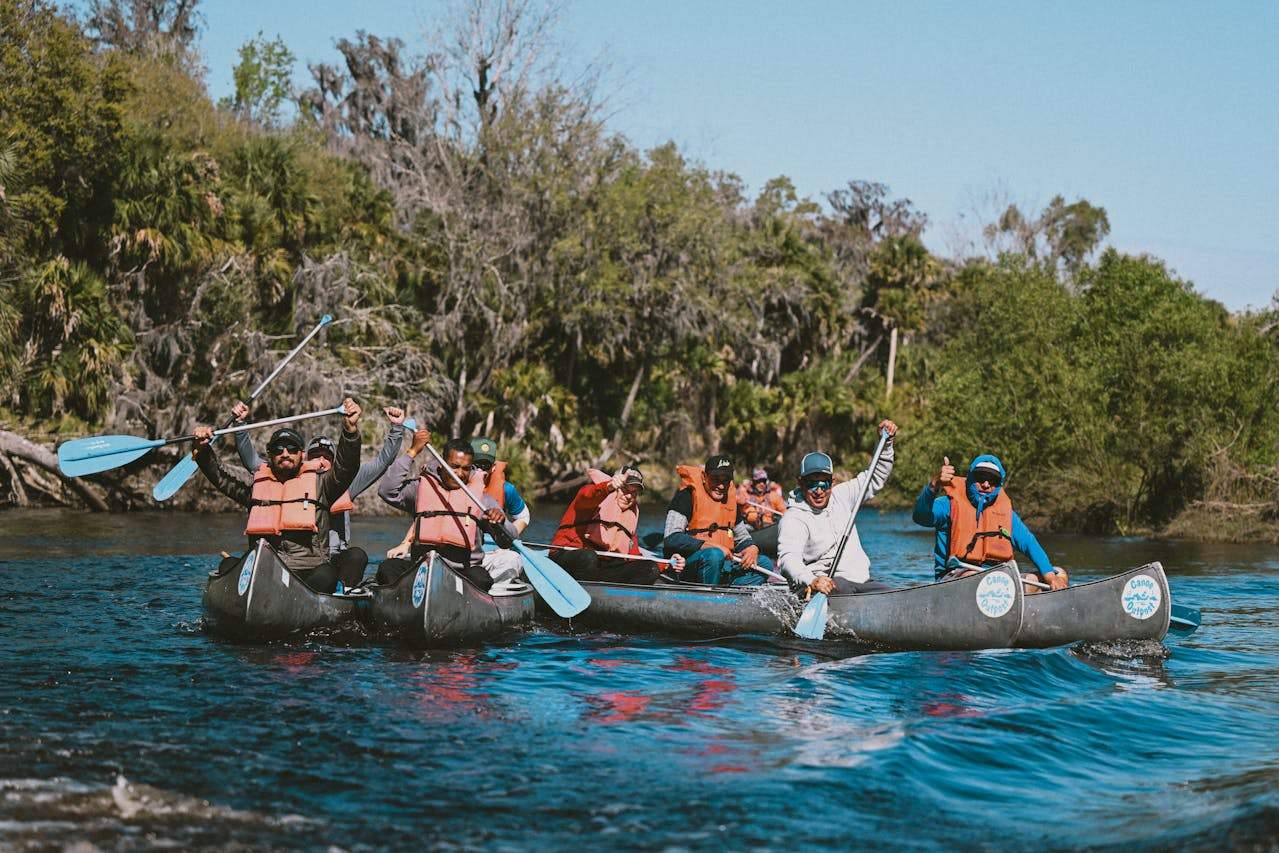Organizing team-building exercises is crucial to developing a robust and effective company culture. Whether you are in charge of a small team or a major corporation, encouraging cooperation, trust, and communication through thoughtfully organized events may greatly raise spirits, improve output, and strengthen team dynamics. Effective team-building events, however, need to be planned and organized with great care to guarantee that everyone participating has a positive and pleasurable experience. With the help of this book, you will be able to create effective team-building activities that are tailored to the specific requirements and dynamics of your team.
Understand the Purpose and Goals of Your Team Building Event
Before getting too technical, it’s important to decide what your team-building event’s main objectives are. Since every team is distinct, it is important to know what your goals are. Do you want to encourage innovative problem-solving, enhance team member communication and confidence, or just provide a stress-relieving break from the norm? You can customize your activities to address certain team difficulties and boost overall performance by clearly stating your objectives. Knowing your objectives will also enable you to assess the event’s success and make any modifications for subsequent get-togethers.
Know Your Audience and Their Preferences
Knowing your team members’ hobbies and preferences is one of the most crucial aspects of organizing a successful team-building exercise. Not every activity is enjoyable to everyone, and what functions well for one team might not be appealing to another. Finding out what your coworkers appreciate can be accomplished by conducting a brief survey or organizing a team discussion. Take into account elements like the team’s physical capabilities, willingness to engage in particular activities and demographic makeup. This makes sure that everyone is comfortable being included and also raises the possibility of complete engagement, which makes the experience for the group more significant.
Choose the Right Venue for Your Activities
Your team-building event’s overall success is greatly influenced by its location. The location of the event should be suitable for the number of participants and the activities you have in mind, whether you choose to have it on-site, in a park close by, or even in a different city. If your retreat is going to be longer than a few days, you may need to make reservations for lodging and transportation. Larger groups can be comfortably and conveniently transported to an offsite venue with a reliable charter bus, which also promotes a sense of camaraderie before the event. Selecting the ideal location for the activities helps guarantee that everyone is at ease and enthusiastic. It also establishes the mood for the activities.
Select Activities that Encourage Collaboration and Communication
The activities themselves are the center of any team-building event. The most effective exercises are ones that encourage team members to work together, communicate, and build trust. Choose team-building activities that promote problem-solving and collaboration, such as escape room challenges, scavenger hunts, or even group seminars on leadership or creative thinking. In addition to strengthening workplace connections, these kinds of exercises also assist team members in identifying new talents and abilities in one another. Finding the right balance between enjoyment and purpose will help to make sure that the activities are interesting and still contribute to the event’s objectives.
Incorporate Reflection and Takeaways
Providing time for reflection and takeaways is one of the parts of team-building exercises that is sometimes forgotten. Consider scheduling some time for a group discussion following each exercise so that participants may share what they learned, what went well, and what needs improvement. During the reflection time, team members are encouraged to consider critically how the activities connect to their daily duties and how they may use these insights to enhance their performance and work relationships. Opportunities for introspection not only increase the event’s worth but also guarantee that the lessons learned apply to more than just the day of events.
Create a Schedule that Allows for Flexibility and Downtime
Making a well-organized itinerary for your team-building activity is crucial to ensuring that the events go as planned. However, participants may become frustrated and exhausted if they have too many back-to-back tasks to complete on a given day. To give your team members time to unwind, refuel, and digest what they’ve learned, schedule lots of breaks and leisure in between tasks. Furthermore, allowing for some leeway in your timetable allows you to make adjustments if an activity takes longer than anticipated or if participants require additional time to complete a task. Look into a travel magazine to find a destination that will be both interesting to explore and host your team. A well-planned timetable will increase enjoyment of the occasion and support sustained energy levels.
Evaluate and Follow Up After the Event
After your team-building activity is over, it’s critical to assess its success. Distribute a feedback form to learn more about what attendees liked most, what could be changed, and if the event’s objectives were achieved. You may improve your team-building strategy and plan future events with the help of this input, which will be helpful. It’s crucial to follow up with your team in the weeks after the event to find out how the experience has affected workplace interactions in addition to getting feedback. Reiterating the long-term advantages of the event will be made easier by motivating team members to keep using the skills they acquired.
A careful approach that takes into account the particular requirements and dynamics of your team is necessary when planning a successful team-building activity. Every aspect of the event, from knowing its objectives to choosing the appropriate activities and location, is crucial to producing an environment that encourages cooperation, trust, and communication. You can make sure that your team continues to gain from the lessons learned at the event long after it has ended by including opportunities for reflection and follow-up. Team building exercises can be an effective technique to improve team dynamics and increase productivity in the workplace, provided they are carefully planned and executed.

